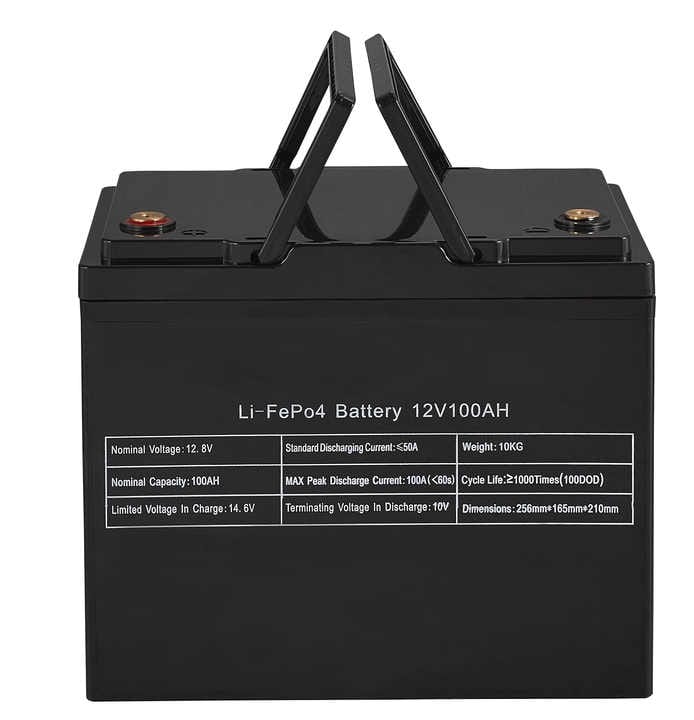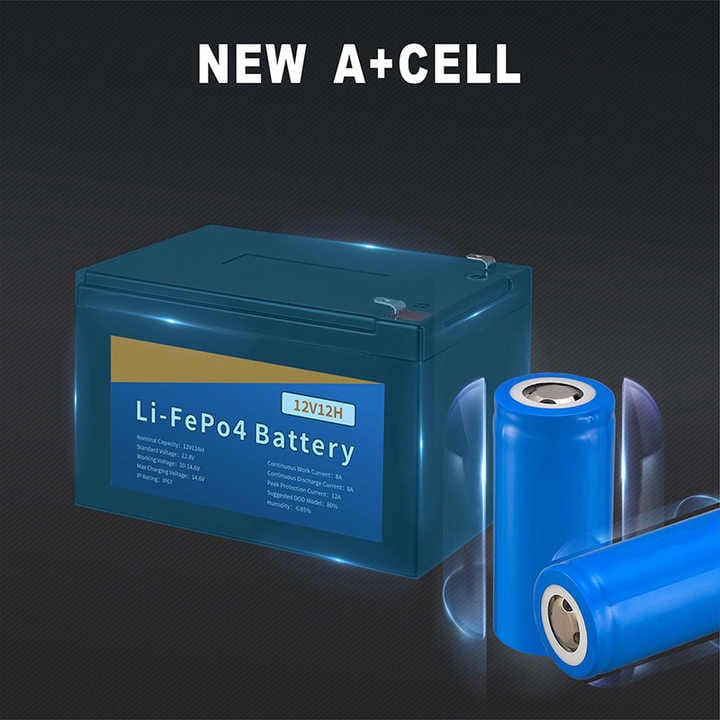Lithium-ion batteries are like the unseen heroes of our modern world. Wondering why your phone stays on all day? Or how electric cars drive without gas? The answer is often lithium-ion batteries. These little power packs store and release energy for many gadgets and tools we use daily. They’re lightweight, efficient, and can hold a lot of charge. From mobile devices to renewable energy storage, they’re making our lives easier and more connected. Let’s know the details of lithium-ion batteries and see what makes them so special!
Lithium batteries: what are they exactly?
Lithium batteries are a type of rechargeable battery. They use lithium as a main component. These batteries power many devices. Think smartphones, laptops, and electric cars. They’re popular for several reasons. First, they can hold a lot of energy. This means longer battery life for devices. Second, they’re lightweight compared to other batteries. So, devices feel less heavy. However, they need careful handling. Mishandling can lead to fires or explosions. Always follow manufacturer guidelines. Proper care ensures safety and a longer battery life.

What are lithium ion batteries used for?
Let’s chat about lithium-ion batteries! You’ve probably heard of them. But what are they used for? Let’s explore together.
Phones and Tablets
Almost everyone has a mobile phone, right? Guess what powers them? Lithium-ion batteries! They’re small, lightweight, and pack a lot of energy. This makes them perfect for our pocket-sized devices.
Laptops
Ever wondered how laptops stay on without being plugged in? Again, it’s thanks to lithium-ion batteries. They let us work, play, or watch movies on the go.
Cameras
Love taking photos? Digital cameras often rely on these batteries. They allow us to capture memories without being tied to a socket.
Electric Cars
Cars are going electric. And lithium-ion batteries play a huge role. They store the energy cars need to move. No gas required! As electric cars become more popular, these batteries do too.
Power Tools
Drills, saws, and other power tools have gone cordless. Thanks to lithium-ion batteries, professionals and hobbyists can work anywhere.
E-Bikes and Scooters
E-bikes and scooters zoom around cities. They’re fun and eco-friendly. Guess their power source? You got it – lithium-ion batteries.
Toys
Many modern toys have motors and lights. To make them work, manufacturers often use these batteries. They make playtime even more exciting!
Renewable Energy Storage
Here’s something cool. As we use more solar and wind energy, we need a place to store it. Enter lithium-ion batteries. They save energy when the sun shines or the wind blows. We then use it when needed.
Backup Power
Sometimes power cuts happen. It’s frustrating, isn’t it? Some homes and businesses have backup systems. Lithium-ion batteries can store power for these times.
Medical Devices
Health is important. Some medical devices, like hearing aids, use lithium-ion batteries. They ensure these devices work round-the-clock.
Why are Lithium-Ion Batteries Popular?
You might wonder: why is this battery type everywhere?
High Energy Density
These batteries can store a lot of energy in a small space. That’s why our gadgets stay on for hours.
Lightweight
Compared to other batteries, they’re pretty light. Perfect for mobile devices and cars!
Long Life
Nobody likes changing batteries often. Luckily, lithium-ion batteries last long. They can be recharged many times.
Fast Charging
We’re all busy. Waiting for gadgets to charge is a pain. Thankfully, these batteries charge up quickly.
Safety Tips
While lithium-ion batteries are awesome, we should use them safely. Here are some quick tips:
Avoid Extreme Temperatures: Keep devices out of very hot or cold places. Extreme temperatures can harm the battery.
Don’t Overcharge: Charging your device overnight? It’s okay sometimes. But don’t do it often. Overcharging can reduce battery life.
Protect from Damage: Dropped your phone? Check the battery. If it’s damaged, replace it. A damaged battery can be risky.
Recycle: Done with a battery? Don’t throw it in the trash. Recycle it! Many places have battery recycling programs.
Final words
Lithium-ion batteries are everywhere! From phones to cars, they power our modern world. They’re efficient, lightweight, and versatile. By using them wisely, we can enjoy their benefits for years. Remember, stay safe and recycle when done. Happy charging!

FAQs
What does a lithium-ion battery mean?
A lithium-ion battery is a kind of rechargeable power source. Inside, there are positive and negative sides, known as electrodes. These electrodes move lithium ions back and forth to store or give off energy. What’s special about them? They can pack a lot of energy into a small space, making them a top choice for many devices.
Why do devices use lithium-ion batteries over other types?
Several reasons make lithium-ion batteries a favorite. First, they’re lightweight. That’s why your phone or laptop isn’t super heavy. Second, they can hold a lot of energy. This means your device runs longer without needing a recharge. Plus, they don’t suffer from the “memory effect.” Some batteries lose their maximum energy capacity if you don’t fully drain them before recharging. Luckily, lithium-ion batteries don’t have this problem.
How long does a lithium-ion battery last on a full charge?
The life of a lithium-ion battery charge varies. A smartphone might work for a day. But a smartwatch? Maybe more or less. An electric car can drive for several hundred miles. Factors like the device’s power use, battery size, and the tasks it’s doing all play a part. For accurate info, always consult the manual or product details.
Is it safe to charge my device overnight?
Many people do charge devices overnight. Modern devices and batteries often have systems to prevent overcharging. This means once they’re full, they stop charging. However, it’s a good habit to disconnect once charged. Over time, constantly keeping a device plugged in might strain the battery. This could shorten its overall lifespan.
What should I do with a used lithium-ion battery?
Dispose of batteries responsibly. Why? Some materials in them can harm the environment. So, instead of tossing them into regular trash, recycle them. Many electronic stores or local recycling centers have drop-off points for used batteries. It ensures materials get reused, and harmful elements stay out of our soil and water.
